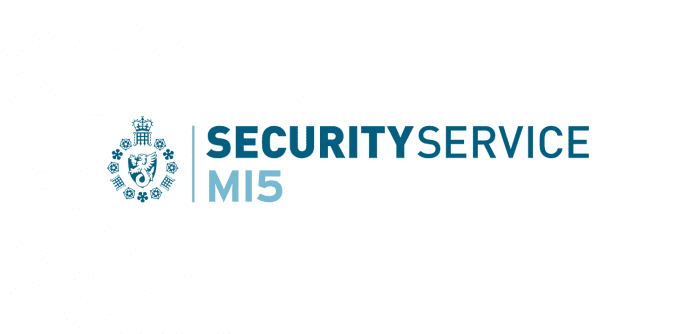Theresa May says MI5 has been secretly collecting Britons data over the past decade
It has emerged that MI5, the British intelligence service have been secretly spying on UK phone calls in a bid to root out terrorists. MI5 is said to have collected huge amounts of data about public communications over the last decade.
The revelation came as Home Secretary Theresa May outlined a new bill regulating online surveillance by authorities.
In her Commons statement, she referred to how successive governments to access data from communications companies under the 1984 Telecommunications Act.
According to the BBC report, Mi5 didn’t record what was said during phone calls, just the fact contact was made. The programme was “so secret that few even in MI5 knew about it, let alone the public,” according to the BBC’s security correspondent.
David Anderson QC, the government’s independent reviewer of terrorism legislation, said the legislation was “so vague that anything could be done under it”.
He added: “It wasn’t illegal in the sense that it was outside the law, it was just that the law was so broad and the information was so slight that nobody knew it was happening”.
The program collected huge amounts of phone calls records that companies were required to hand over on demand. However, the data collected did not include the content of the calls, which is part of the justification being used by the government in formalizing the approach publicly. It was previously believed that bulk collection of data only referred to individuals based overseas.
The revelation came as Theresa May uncovered a raft of new snooping measures in the Investigatory Powers Bill, which includes forcing communication companies in law to help spy agencies investigate on suspects.
Other proposals will see the collection of the public’s web browsing history for up to a year and judges signing off warrants for intrusive surveillance. It would also legalise the powers used by GCHQ, as uncovered by Edward Snowden’s leaks, allowing officials to collect large amounts of data via the internet.
Mr Anderson has called for a “comprehensive” new law governing surveillance, which the government has produced with the wide-ranging draft Investigatory Powers Bill.
The draft bill’s measures include:
* Allowing the security services to hack into phones and computers around the world in the interests of national security
* Giving a panel of judges the power to block spying operations authorised by the home secretary
* A new criminal offence of “knowingly or recklessly obtaining communications data from a telecommunications operator without lawful authority”, carrying a prison sentence of up to two years
* Local councils to retain some investigatory powers, such as surveillance of benefit cheats, but they will not be able to access online data stored by internet firms
* The Wilson doctrine – preventing surveillance of Parliamentarians’ communications – to be written into law
* Police will not be able to access journalistic sources without the authorisation of a judge
* A legal duty on British companies to help law enforcement agencies hack devices to acquire information if it is reasonably practical to do so
* Former Appeal Court judge Sir Stanley Burnton is appointed as the new interception of communications commissioner
While the proposals put forward are certainly overreaching, today’s revelation that spy services have been snooping on phone data for more than 10 years comes as no surprise at all.

